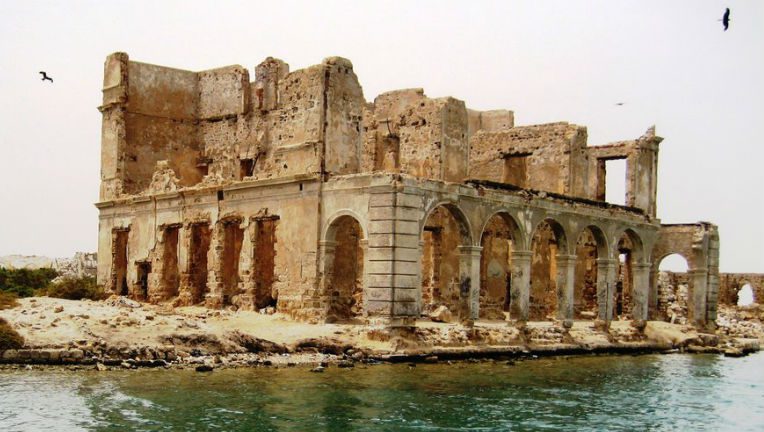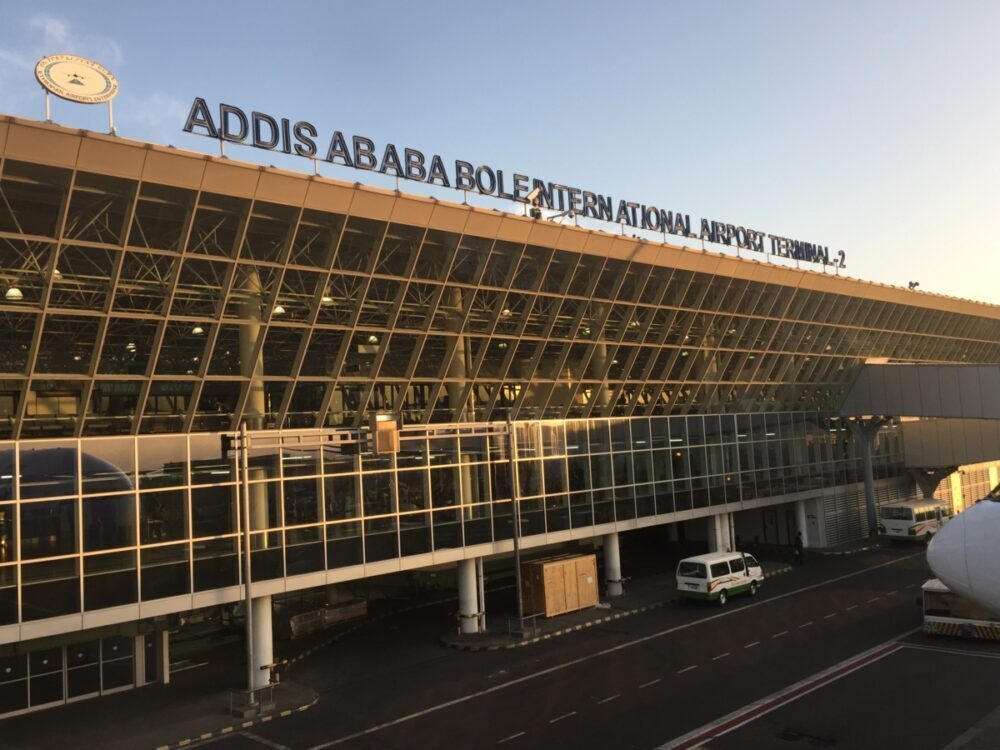 Cape Town is synonymous for wine, Table Mountain and other iconic historic sites such as Robben Island, however the city in recent times is facing water crisis which many believe carries risks for tourism businesses.
Cape Town is synonymous for wine, Table Mountain and other iconic historic sites such as Robben Island, however the city in recent times is facing water crisis which many believe carries risks for tourism businesses.
Known to be one of fastest cities becoming the cultural capital of Africa, with existing museums already having gained a significant international pull and with new museums heading in the same direction, Cape Town is now leading water-wise tourism, as well as what more can be done to mitigate the water crisis’ ripple effect on business.
According to sources in Western Cape, the drought has exposed massive gaps but instead of being seen as victims, citizens are now leading the world [in terms of water conservation]. People’s behaviour toward water had to be changed and tourists had to be assisted to be part of the solution.
 While the fact remains that the situation has done its damage some tour operators revealed to netbuzzafrica.com that the situation has definitely affected bookings but the situation is not worse yet.
While the fact remains that the situation has done its damage some tour operators revealed to netbuzzafrica.com that the situation has definitely affected bookings but the situation is not worse yet.
There is currently a big drive to sell KwaZulu Natal due to the Western Cape drought, but if care is not taken, its long-term effect may affect and damage the economy.
Despite Gondwana Game Reserve not feeling the impact of the water shortage, the reserve still practices water conservation a source told netbuzzafrica.com that residents and tourist are happily complying with the conservation exercise.
Western Cape in times of the drought are exposed to fire hence hotels, homes and other tourist attractions can observe these safety tips to minimize loss of properties lives at large. • Attention should be paid to the wiring and Distribution Boards (DBs) throughout the properties. DBs must be secured, closed and clear of flammable materials at all times.
• Attention should be paid to the wiring and Distribution Boards (DBs) throughout the properties. DBs must be secured, closed and clear of flammable materials at all times.
• A maintenance schedule should be in place to inspect all DBs and electrical points (at least bi-monthly). This includes a generator inspection on a weekly basis.
• All loose wiring and plug points must be repaired. When a fault is observed it must be reported by staff and fixed immediately by management.
• Power should not be provided to any areas that are not currently in use.
• Regular inspections of all laundry areas must take place. Ensure that daily cleaning of tumble dryer lint and exhaust systems is carried out.
• The laundry should always be attended by housekeeping staff and the equipment should not be used in the late afternoon and into the evenings.
• Additional fire blankets should be placed in all kitchens (mounted next to stoves).
• Emergency LPG shut-off valves should be easily accessible to close the gas supply if required.
• Extractors must be cleaned by kitchen staff weekly, and the full duct must be serviced every three months.
• Additional fire extinguishers, mounted and easily accessible, must be placed in all kitchens.
• Larger extinguishers (50kg) that are mounted on a trolley provide a good alternative to a fire hose. At least one should be acquired and stored centrally (near high-risk areas).





















































